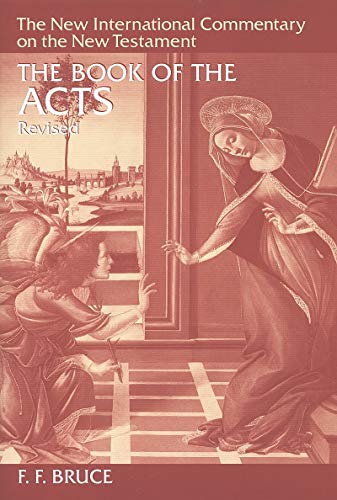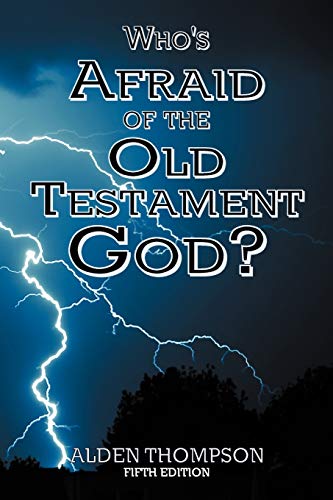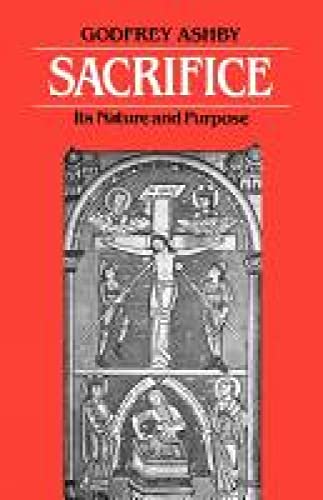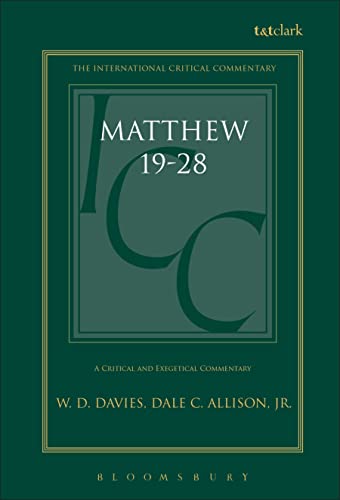All students of the NT will be glad to hear that both of Bruce’s commentaries on the book of Acts have been revised and updated. The new edition of his more technical volume on the Greek text, originally published in 1951, should be available by the time this review is published. The work presently under discussion is a revision of the 1954 commentary on the English text.
The changes to the revised version are considerably more than cosmetic. Perhaps the most important feature of the new version is that it takes account of the important literature on Acts that has been published since 1951, a period of time that has produced the most influential works on Luke-Acts, such as the studies by Conzelmann, Dibelius, Haenchen, Hengel, Dupont and Marshall. For academic needs, Bruce’s first edition was clearly outdated in terms of interaction with other Acts scholars.
Another welcome change in the new format of the NICNT, which originally incorporated the 1901 American Standard translation of the Bible. In this edition Prof. Bruce has done his own translation from the Greek, which is both accurate and readable, forming an interesting frame of comparison to whatever translation the reader normally uses.
The Introduction to the commentary is divided into four parts: a brief discussion of the place of Acts in the NT canon, a section about the origin and purpose of Acts, an overview of Acts’ picture of St Paul, and finally a bibliography of commentaries and monographs. In this introduction Bruce suggests a date for the book within the period ad 69–96, cautiously agreeing with Ramsay that c. 80 was the most probable date. This is somewhat later than most evangelical assessments (Hemer 62; Bruce (first edn.) pre-64; Guthrie pre-64; Marshall c. 70; Ellis c. 70), and Prof. Bruce acknowledges that his reasons are somewhat subjective, based on his impressions of the intellectual and social climate in the Flavian period and on Luke’s conciliatory portrayal of the relationship between the apostles.
However, Bruce does think it a ‘reasonable inference’ that the author of the Gospel and Acts was Luke, a travelling companion of Paul, and therefore an eyewitness to at least some of the events reported in the book of Acts. The history contained therein may be regarded as basically reliable, bearing in mind that Luke was writing in defence of Christianity and therefore intended to emphasize the good, and also that Luke saw Paul as his hero, a master of situations, whereas Paul tends to write about himself in less exalted terms.
If the Christian interpreter’s task is to answer the two questions of ‘what did the text mean then?’ and ‘what does the text mean today?’, Bruce intends his commentary to provide direct help for the former and only indirect help for the latter. Thus, even when discussing sections of Acts that cry out for the interpreter to apply them to the modern situation, such as the communalism of Acts 2:44–45 and 4:32–35, Bruce’s comments reveal his ideas of the limits of application only by extension of his discussion of the first century. This is, of course, not a weakness of the commentary, but rather an indication of the type of commentary it is. Bruce’s intention is to clarify what was written and explain the background, and this he does very well.
For example, the whole matter of the legal proceedings against the apostle Paul, complete with the various speeches and officials along the way, is rendered and annotated in such a way that the later chapters of Acts will become a meaningful process to the reader rather than a blur of trials and shipwrecks.
Passages which have caused difficulties for liberal scholars, such as the apparently anachronistic mention of Theudas in 5:36–37 or the alleged reliance on natural revelation in Paul’s speech in chapter 17, are dealt with simply but effectively in the body of the text, with even more ammunition loaded into the often extensive footnotes, remaining out of the way until it is needed.
The evangelical now has a large number of very good books on Acts to choose from. David Williams’ commentary in the Good News series (Harper & Row, 1985) is a more practically orientated one, more suitable, perhaps, for the lay person, while the recently published Book of Acts in the Setting of Hellenistic History by Colin Hemer (J.C.B. Mohr, 1989) is considerably—sometimes bewilderingly—more technical. The best general commentaries for the evangelical theological student are I.H. Marshall’s in the Tyndale series (IVP, 1980) and this revised version of Bruce’s. Which of the two is better is probably a matter of personal preference. On its own, I find Bruce’s a bit easier to use, while on the other hand Marshall’s seems deliberately arranged to help answer the criticisms of the more liberal scholars such as Dibelius and Haenchen. It is worth mentioning that Bruce acknowledges in his Preface that his commentary is short on the theological special emphases of Luke, and he recommends Marshall’s book Luke: Historian and Theologian (Paternoster, 1970) as a companion volume. With or without this addition, Bruce’s commentary is an excellent one for helping the reader to comprehend and to think intelligently about the meaning of the book of Acts.
Conrad Gempf
Dr Conrad Gempf is a lecturer in New Testament at London Bible College.






